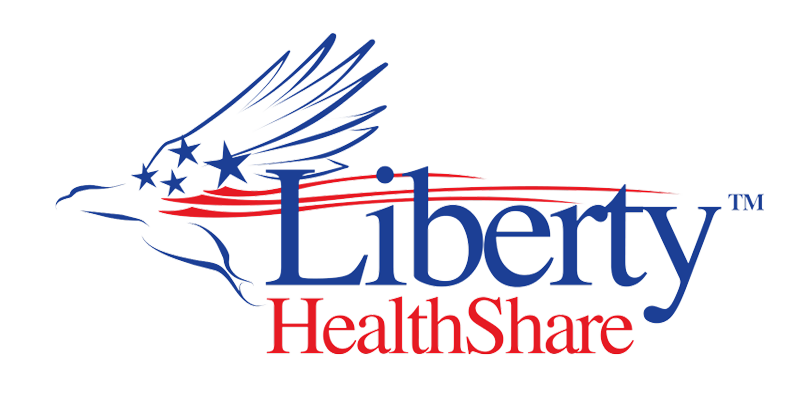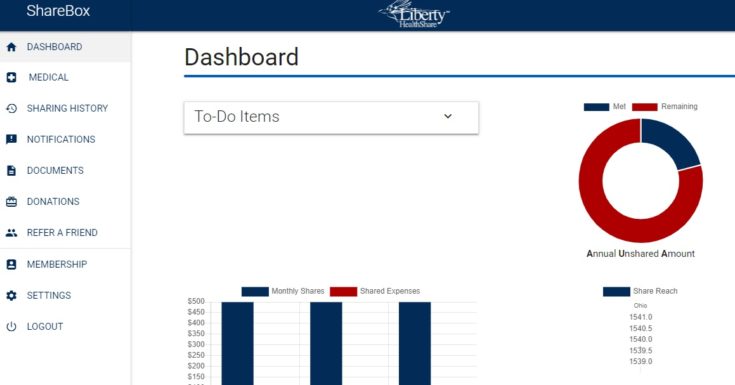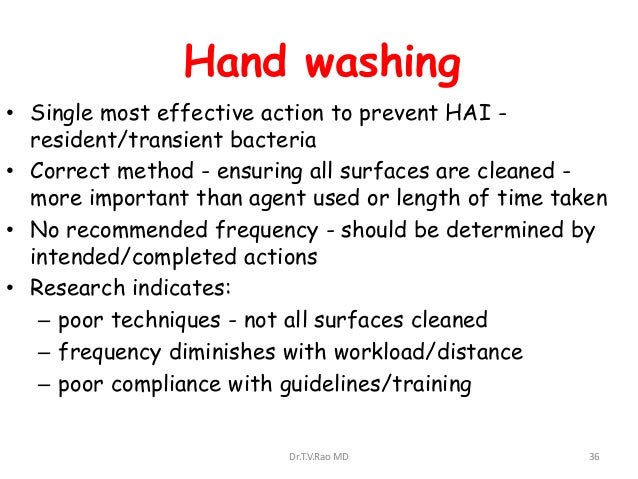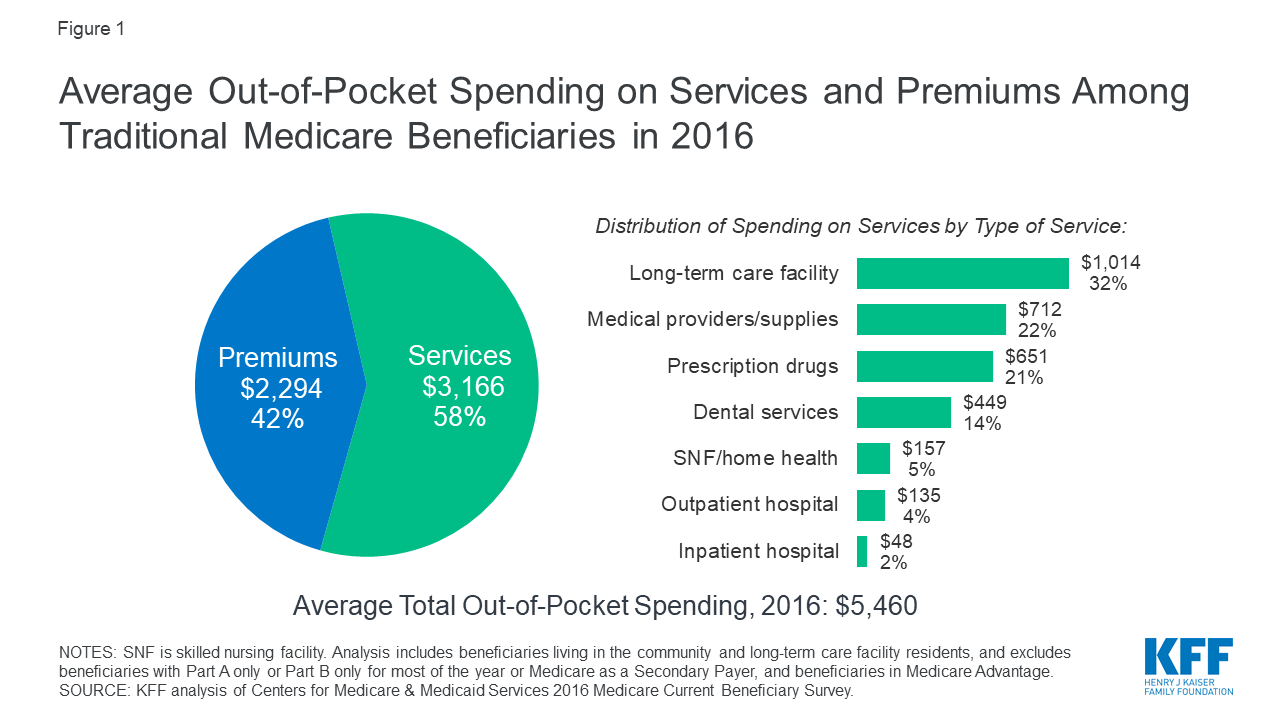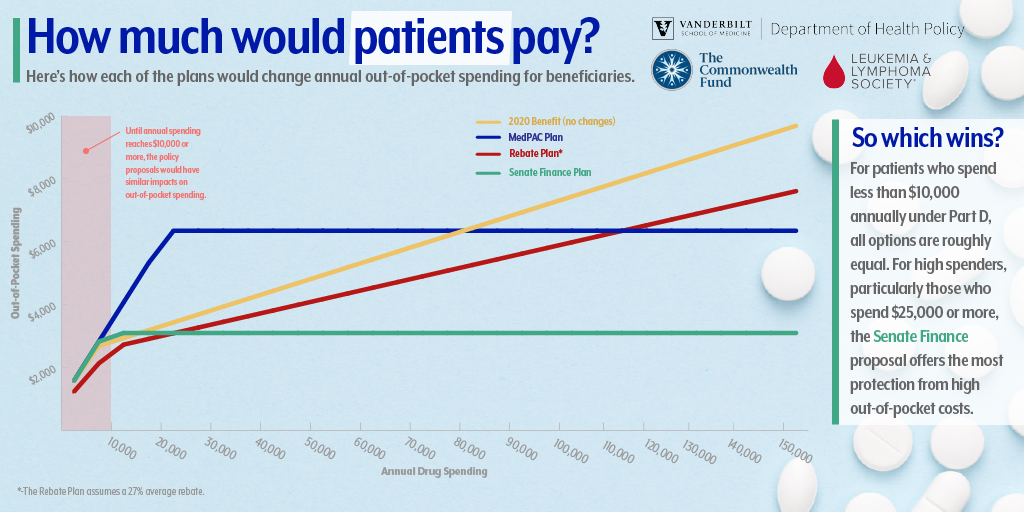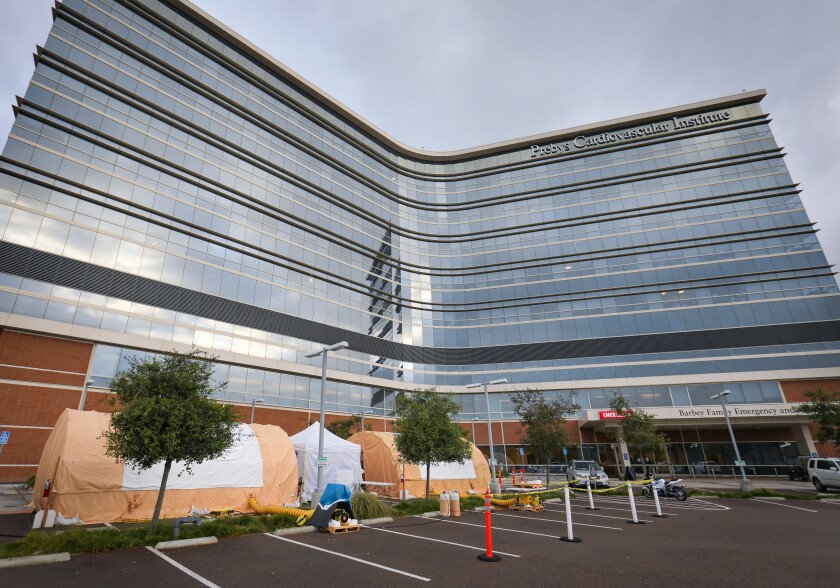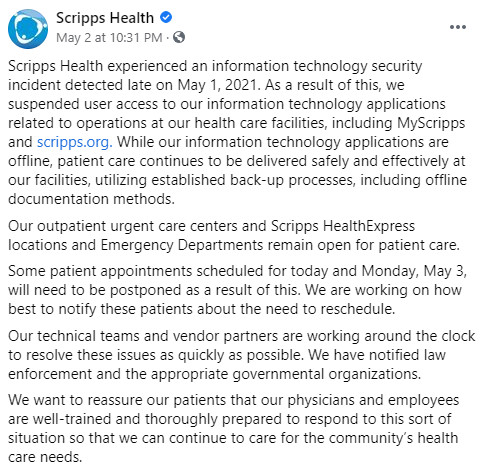On December 1 2020 the Centers for Medicare and Medicaid Services CMS finalized new policies related to remote patient monitoring aka remote physiologic monitoring or RPM reimbursed under the Medicare program. CMS Clarifies 2021 PFS Reimbursements for Remote Patient Monitoring In an update posted this week in the Federal Register the Centers for Medicare Medicaid Services has amended the 2021 Physician Fee Schedule to clarify reimbursement for remote patient monitoring programs.
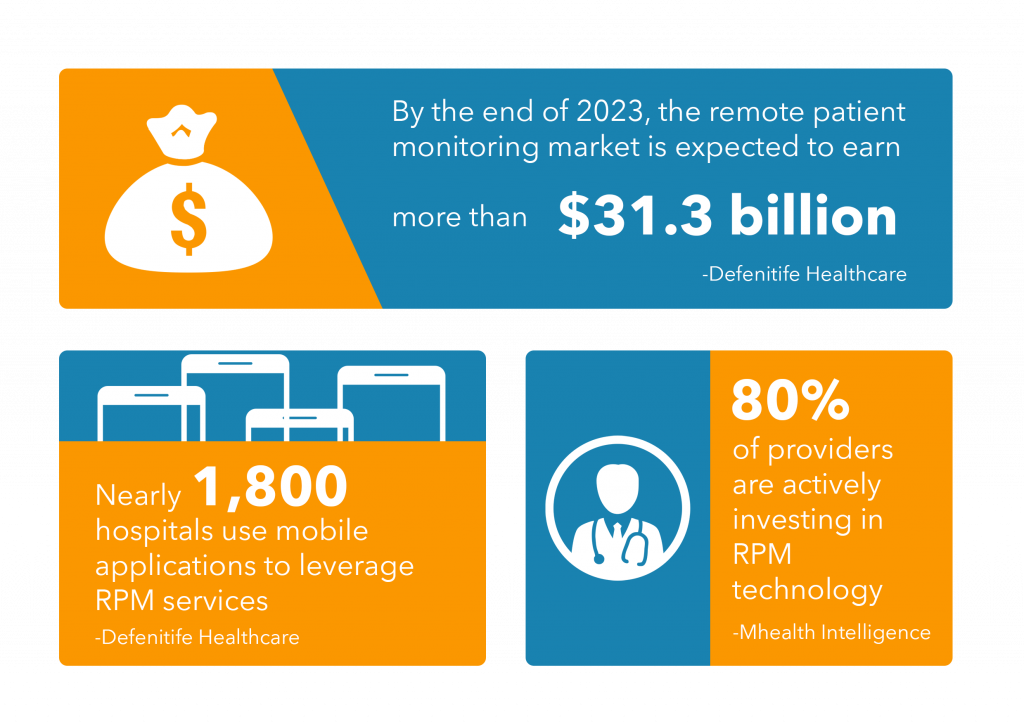 A Brief Account Of The Remote Patient Monitoring Final Rule
A Brief Account Of The Remote Patient Monitoring Final Rule
The big news here is that RPM providers can now bill CMS for both interactive communications and remote care services rendered under CPT 99457 or 99458.
Cms remote patient monitoring. The changes part of the advance copy of CMS proposed 2021 Physician Fee Schedule are intended to clarify CMS position. In an unusual development albeit a welcomed one the Centers for Medicare Medicaid Services CMS has issued a correction to the 2021 Medicare physician fee schedule final rule that clarifies several areas of confusion concerning the billing requirements for remote patient monitoring ie remote physiological management. FR 56406 CMS defined remote patient monitoring under the Medicare home health benefit as the collection of physiologic data for example ECG blood pressure glucose monitoring digitally stored andor transmitted by the patient or caregiver or both to the home health agency Visits to a beneficiarys.
CMS just issued a correction to its guidance on 2021 Medicare rules for remote physiologic monitoring RPM services. Studies note that remote patient monitoring has a positive impact on patients as it allows patients to share more live-time data with their providers and caregivers which will lead to more tailored care and better health outcomes. Set up later Two crossed lines that form an.
This is expected to help foster the adoption of emerging technologies by home health agencies and result in more effective care planning as data are. Remote patient monitoring devices seek to do just that. There are additional more specific codes available for billing that allow remote monitoring for example CPT code 95250 for continuous glucose monitoring and CPT codes 99473 and 99474 for self-measured blood pressure monitoring.
On August 3 2020 the Centers for Medicare and Medicaid Services CMS issued a number of clarifications and proposals on remote patient monitoring RPM services reimbursed under the Medicare program. The changes part of the 2021 Physician Fee Schedule final rule are intended to clarify CMS position on how it interprets. Learn about RPM devices and systems in this growing health market segment.
Know Your Remote Monitoring Codes. When a more specific code is available to describe a service the CPT. CMS is finalizing its proposal to define remote patient monitoring in regulation for the Medicare home health benefit and to include the cost of remote patient monitoring as an allowable cost on the HHA cost report the agency said.
42 CFR Section 41026b5 is clear that these services can be provided by clinical staff and billed incident to a billing. CMS reminded practitioners the universe of RPM-related codes is not limited to just CPT codes 99091 99453 9454 94557 and 99458. During the PHE CMS waived this requirement in the interest of increasing access to care when in-person visits.
Without this knowledge you run the risk of not getting paid appropriately for remote patient monitoring by CMS Centers for Medicare Medicaid. CMS finalizes Medicare remote patient monitoring policy changes and guidance. CMS Guidance for Remote Patient Monitoring RPM The Centers for Medicare Medicaid Services CMS has provided some guidance within the Medicare and Medicaid Programs Policy and Regulatory Revisions in Response to the COVID-19 Public Health Emergency interim final rule IFR allowing for remote patient monitoring or RPM.
In 2019 CMS initially described RPM as services rendered to patients with chronic conditions but confirmed in the 2021 Final Rule that practitioners may furnish RPM services to remotely collect and analyze physiologic data from patients with acute conditions as well as patients with chronic conditions. Whether your practice is already delivering or is planning to deliver RPM services to Medicare andor Medicaid patients this year you must understand the CMS rules for remote patient monitoring services in 2020. CMS Guidance for Remote Patient Monitoring RPM The Centers for Medicare Medicaid Services CMS has provided some guidance within the Medicare and Medicaid Programs Policy and Regulatory Revisions in Response to the COVID-19 Public Health Emergency interim final rule IFR allowing for remote patient monitoring or RPM.
Prior to the Public Health Emergency PHE resulting from the COVID-19 pandemic CMS required that Remote Patient Monitoring could only be ordered and furnished by a physician or practitioner who had an established relationship with the patient. In the final 2020 MPFS CMS rightly notes that Remote Patient Monitoring services involve establishing implementing revising and monitoring a specific treatment plan for a patient as do all Designated Care Management Services. The correction is effective January 1 2021 and revises the preamble commentary in the Medicare Physician Fee Schedule Final Rule previously published on December 1 2020.
Hindmand Thursday December 3 2020. The Centers for Medicare Medicaid Services CMS on December 1 revised and offered guidance on Medicare payment requirements for remote patient monitoring RPM and other services within its Medicare Physician Fee. Each 20-minute code can now be comprised of.
CMS is promoting innovation and modernization of home health care by allowing the cost of remote patient monitoring to be reported by home health agencies as allowable costs on the Medicare cost report form.
